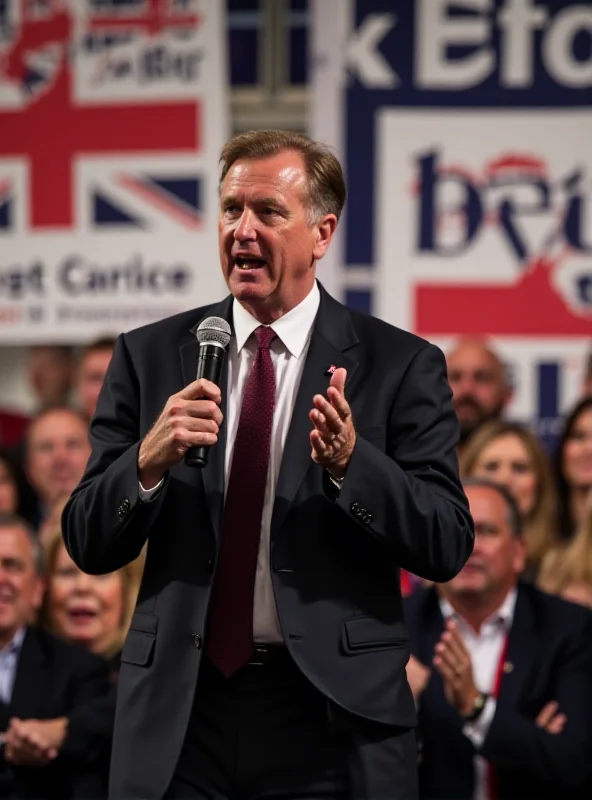Navigating the complex world of international politics requires finesse, especially when dealing with powerful figures. Recent events highlight the delicate balance world leaders must maintain, from seeking advice on diplomatic relations to facing consequences for critical remarks.
Zelensky's Diplomatic Dance
Ukrainian President Volodymyr Zelensky is reportedly seeking guidance on how to best engage with former U.S. President Donald Trump. According to sources, both British Prime Minister Keir Starmer and French President Emmanuel Macron have been offering Zelensky advice on navigating a potential relationship with Trump. This "coaching" suggests a concerted effort to ensure a smooth diplomatic path for Ukraine, regardless of who leads the United States.

The need for such advice underscores the importance of personal relationships in international affairs. As one anonymous source stated, "Understanding the nuances of each leader's personality is crucial for effective diplomacy." Zelensky's efforts to prepare for potential interactions with Trump reflect a proactive approach to safeguarding Ukraine's interests.
Diplomat Dismissed for Trump Remarks
In a contrasting scenario, Phil Goff, New Zealand's top diplomat to the U.K., was dismissed after publicly questioning President Trump’s understanding of history during an event focused on the war in Ukraine. This swift action demonstrates the sensitivity surrounding comments about world leaders, even within allied nations.
This incident serves as a stark reminder of the constraints placed on diplomats. While personal opinions may exist, representing a nation requires careful consideration of every word spoken. The dismissal of Goff highlights the potential repercussions of deviating from this standard.
Reform U.K. Funding Sources
Shifting gears, a recent analysis by The New York Times revealed that Nigel Farage’s right-wing party, Reform U.K., has been receiving substantial funding from a variety of conservative donors in Britain. This influx of capital includes contributions from fossil fuel investors, climate skeptics, millionaires, and billionaires.

The investigation into Reform U.K.'s funding sources raises questions about the influence of special interests in British politics. The significant contributions from groups with vested interests in fossil fuels and climate skepticism suggest a potential alignment of political agendas and financial backing.

Fishers Challenge Catch Limits
Meanwhile, the Blue Marine Foundation is challenging Defra's catch limits in the High Court, citing concerns over the sustainability of fish stocks. Jerry Percy, representing small boat fishers, reports a severe decline in species such as pollack off Britain's coasts. He stated, "They were calling my office to report that a lack of fish in the inshore grounds were putting their livelihoods in peril."
The legal challenge underscores the tension between economic interests and environmental preservation. The fishers argue that the current catch limits are not based on sound scientific advice, jeopardizing both their livelihoods and the long-term health of the marine ecosystem.
"The future of our fishing industry depends on responsible management of fish stocks. We need catch limits that reflect scientific evidence, not political expediency." - Jerry Percy, New Under Ten Fishermen’s Association
These diverse events, from Zelensky's diplomatic preparations to the legal challenges faced by British fishers, illustrate the complex and interconnected nature of contemporary politics. They highlight the importance of strategic communication, ethical governance, and sustainable practices in navigating the challenges of the modern world.
